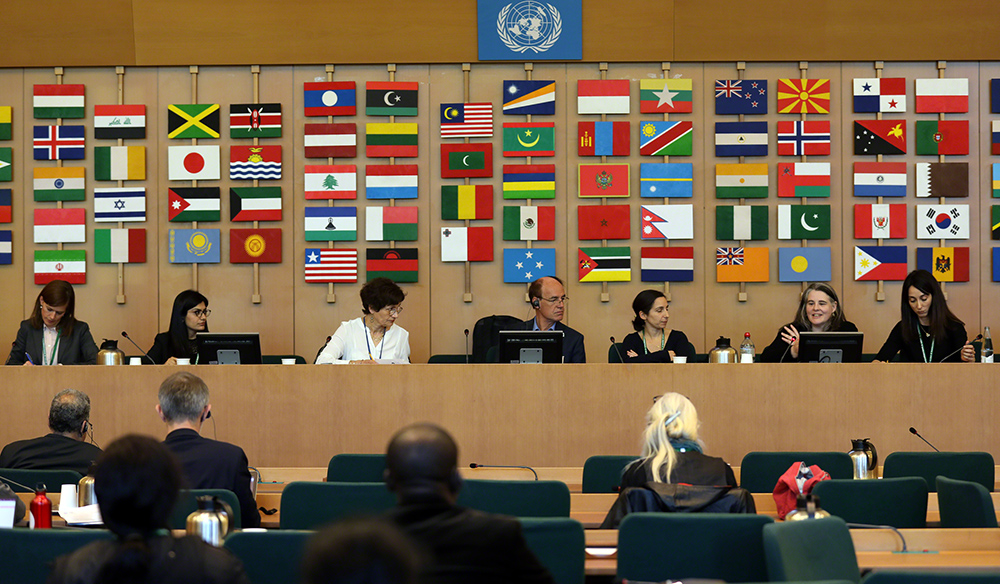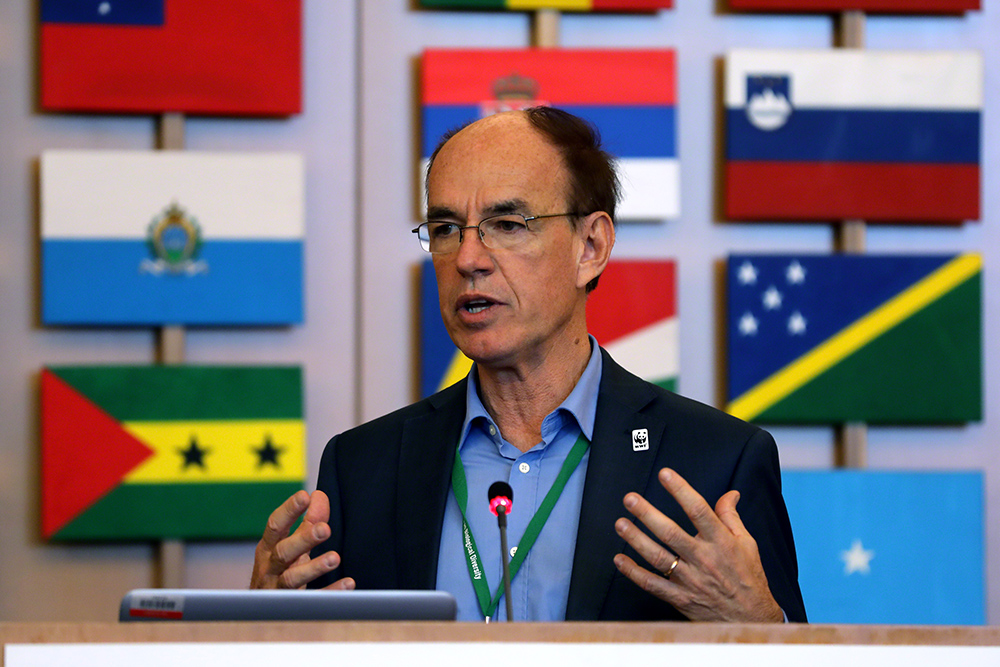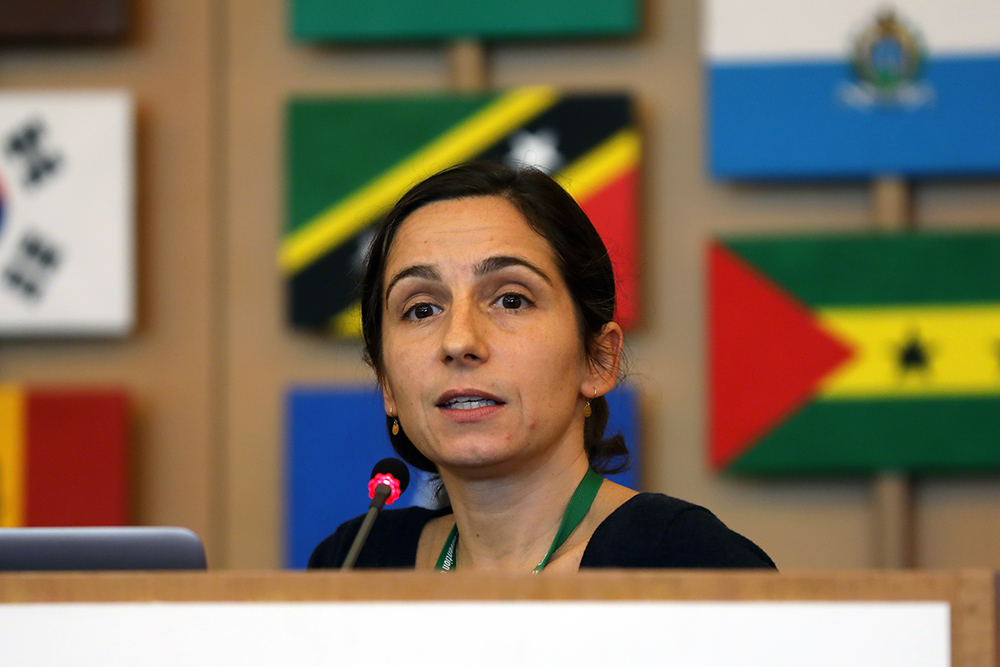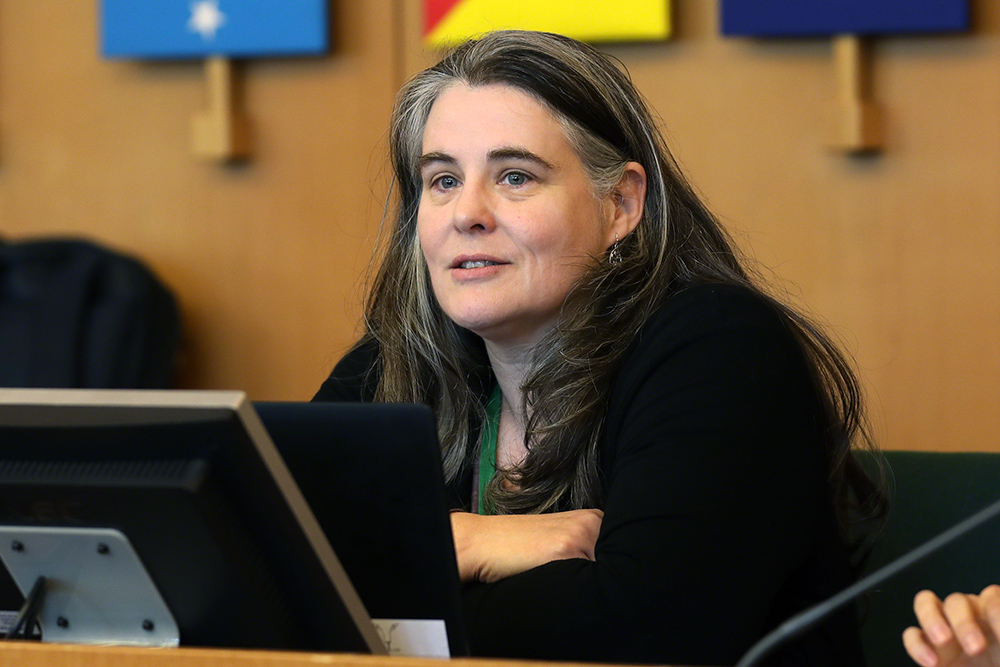Summary
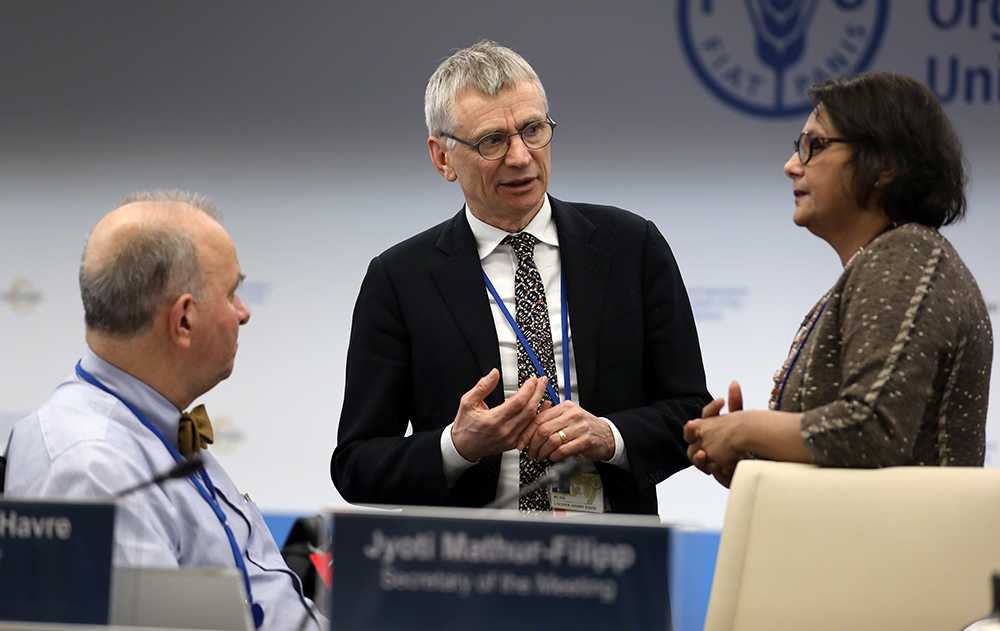
The second meeting of the Working Group on the Post-2020 Global Biodiversity Framework (WG) resumed on Friday, with the first meeting of the fourth contact group on sections of the zero draft on the post-2020 global biodiversity framework (GBF), clustered under, “tools and solutions for implementation and mainstreaming.” During lunch, delegates participated in an information session on the role of the financial and business sectors in implementing the GBF. Ines Verleye, Belgium, and Luciana Melchert, Brazil, reported on a thematic workshop on Resource Mobilization for the GBF, held in Berlin from 14 to 16 January 2020. Verleye noted that the business and private sector is willing to engage, but is having difficulty finding ways and places to “dance together” with governments.Marco Lambertini, WWF International, called for the parties of the Convention on Biological Diversity (CBD) to ensure clear targets for nature, commensurate to the carbon neutrality target in the Paris Agreement on climate change, for government, business, and civil society to rally around. Katia Karousakis, Organisation for Economic Co-operation and Development (OECD), presented on the finance, economic, and business case for action on biodiversity, and a report prepared for the Meeting of the G7 Environment Ministers to be held in May 2020. She called for the CBD to create a multi-stakeholder advisory group on biodiversity, business, and finance. Akanksha Khatri, World Economic Forum, presented a suit of reports under the theme, “the New Nature Economy.” She outlined that this work has classified threats to biodiversity from three socio-economic systems as well as the transitions needed in these sectors, namely: food, land, and ocean use; infrastructure and the built environment; and energy and extractives. Stephan Hirschi and Antonios Koumbarakis, PwC Switzerland, presented the report “Nature is too big to fail – Biodiversity: the next frontier in financial risk management.” Hirschi noted different financial risks associated with biodiversity loss, inter alia: increased costs of capital or lending requirements; increased insurance claims; increased risk of default; loss of investment value related to reputational risks; and changes in business market value. In the afternoon plenary, delegates heard report-backs from the co-leads of contact groups, outlining progress achieved and presenting the conference room papers that would provide inputs for redrafting the GBF.With only one more day of negotiations left, delegates entered Friday’s agenda optimistic that the steady progress made over the week would not be interrupted by the fears of the Coronavirus reaching Rome. The updates by the CBD Secretariat that the morning health checks at the entrance of the meeting venue have not yielded any cases of concern further reassured delegates that their choice to remain in Rome was not just a leap of faith, but a worthwhile decision for the good of the future GBF. Much praise was heard throughout the day for the spirit of cooperation and compromise that has prevailed in contact groups and plenary. To this regard Co-Lead of the contact group on reducing threats to biodiversity Wadzi Goredema-Mandivenyi (South Africa) reflected that, “the spirit of colleagueship was felt, making the task of co-leads pleasant and I hope this atmosphere will follow the WG from Rome to Cali.”
IISD Reporting Services, through its ENB Meeting Coverage, provided daily digital coverage. Α summary and analysis report from the 2nd Meeting of the Open-ended Working Group on the Post-2020 Global Biodiversity Framework is available in HTML and PDF.
Photos by IISD/ENB | Mike Muzurakis
For photo reprint permissions, please follow instructions at our Attribution Regulations for Meeting Photo Usage Page
Plenary Session
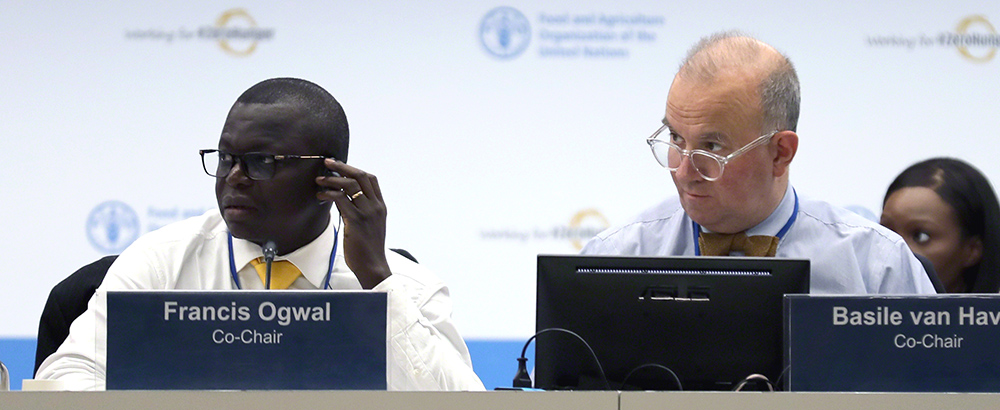
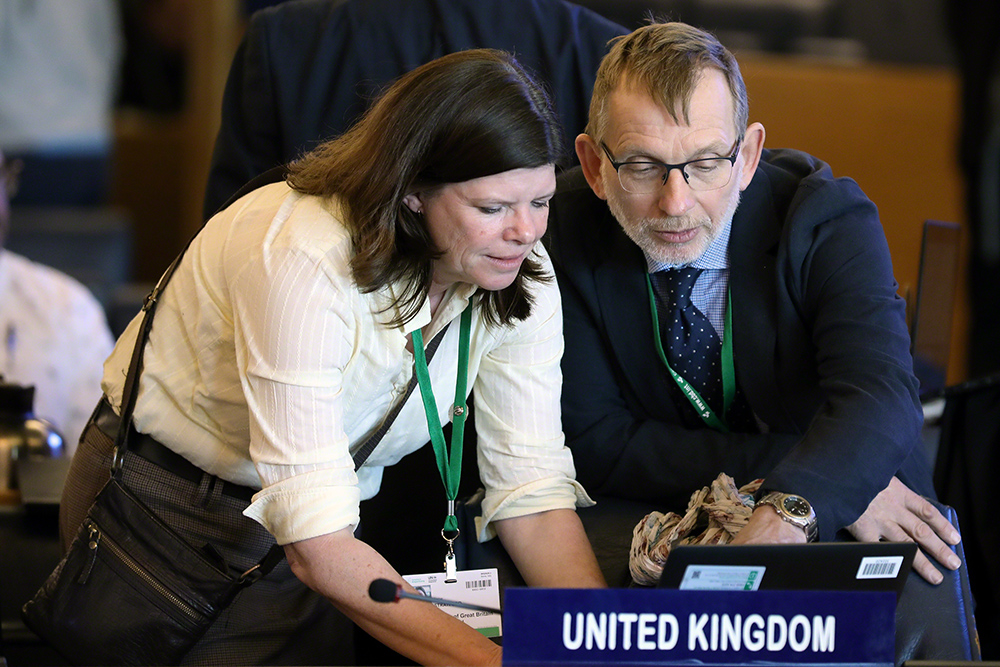
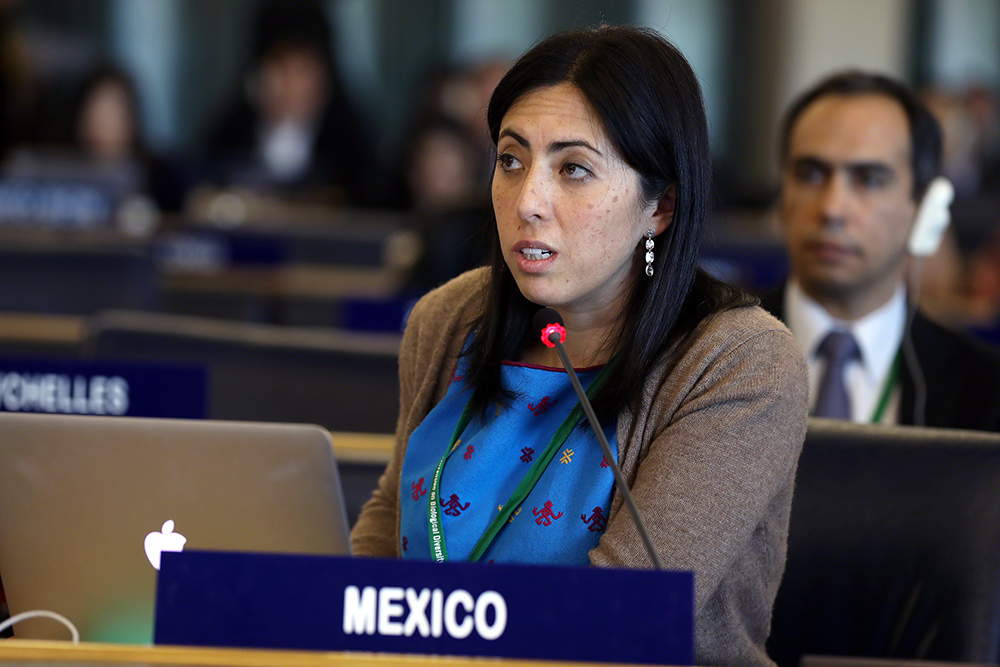
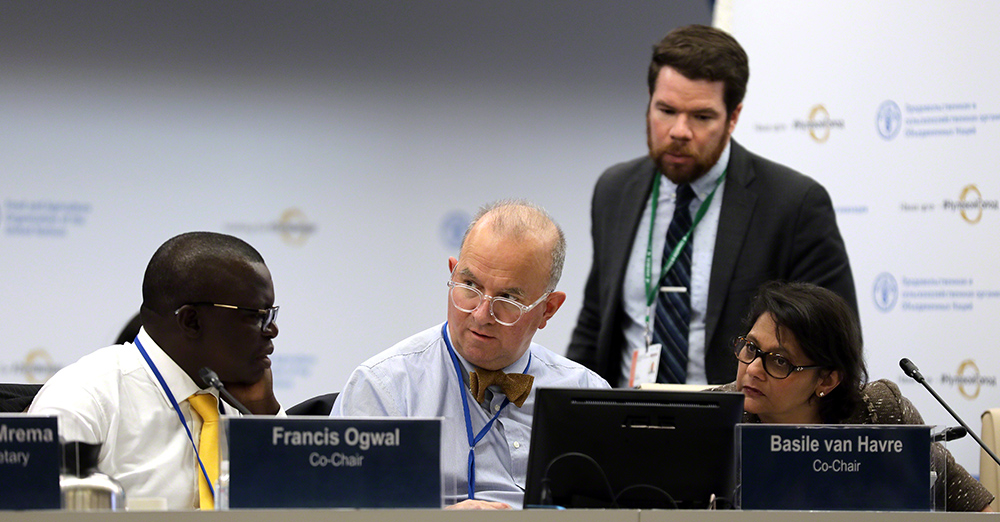
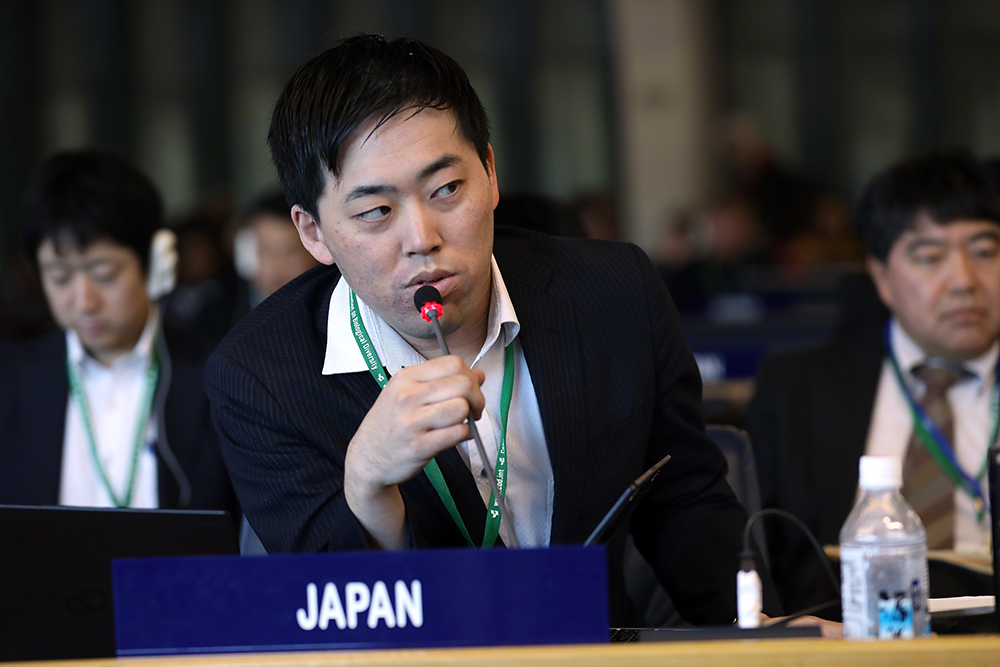
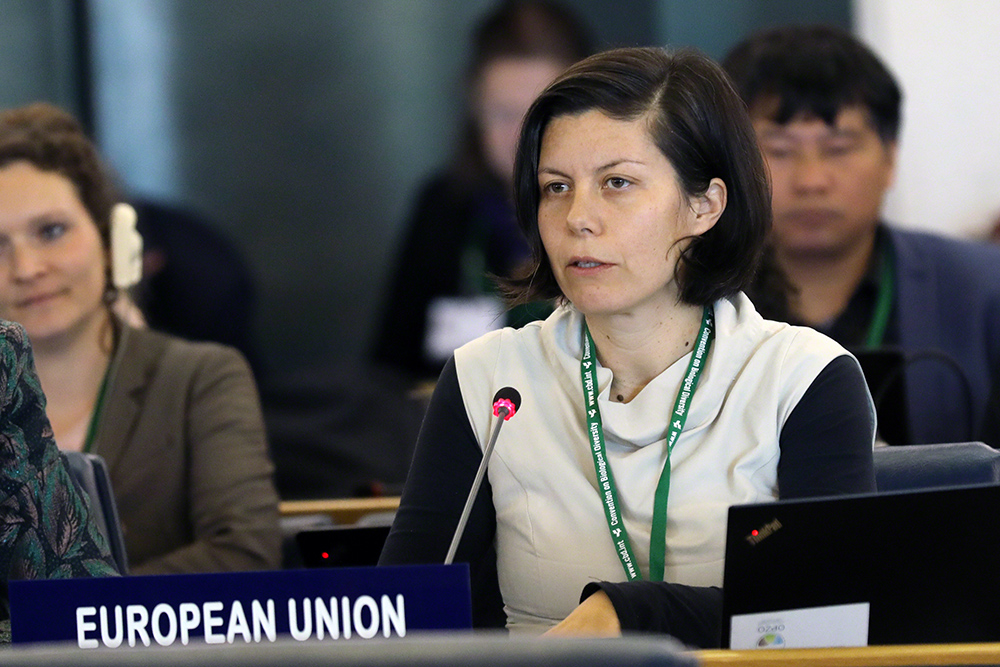
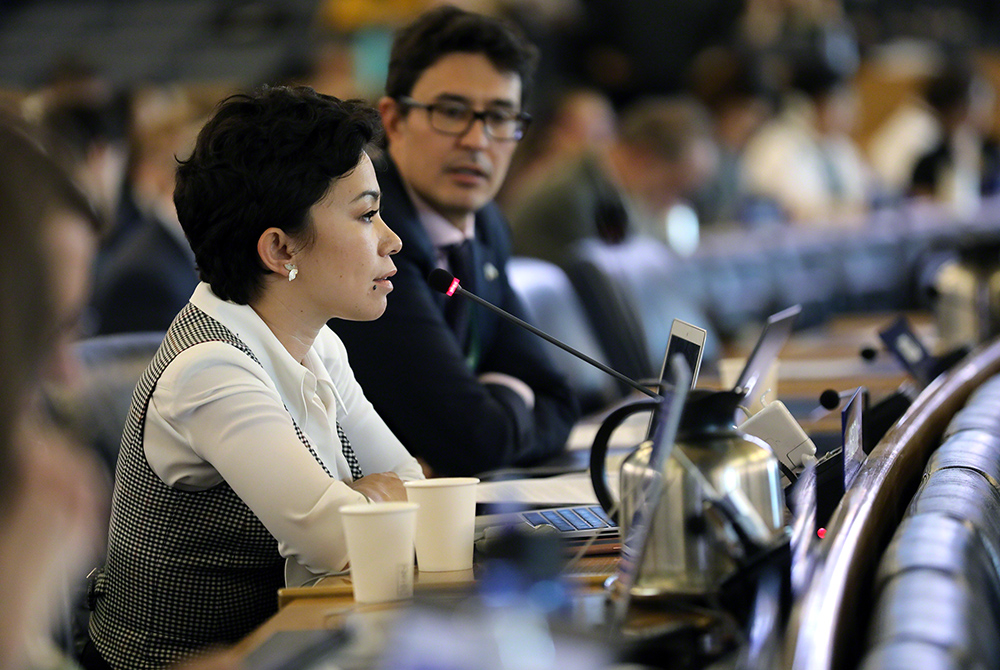
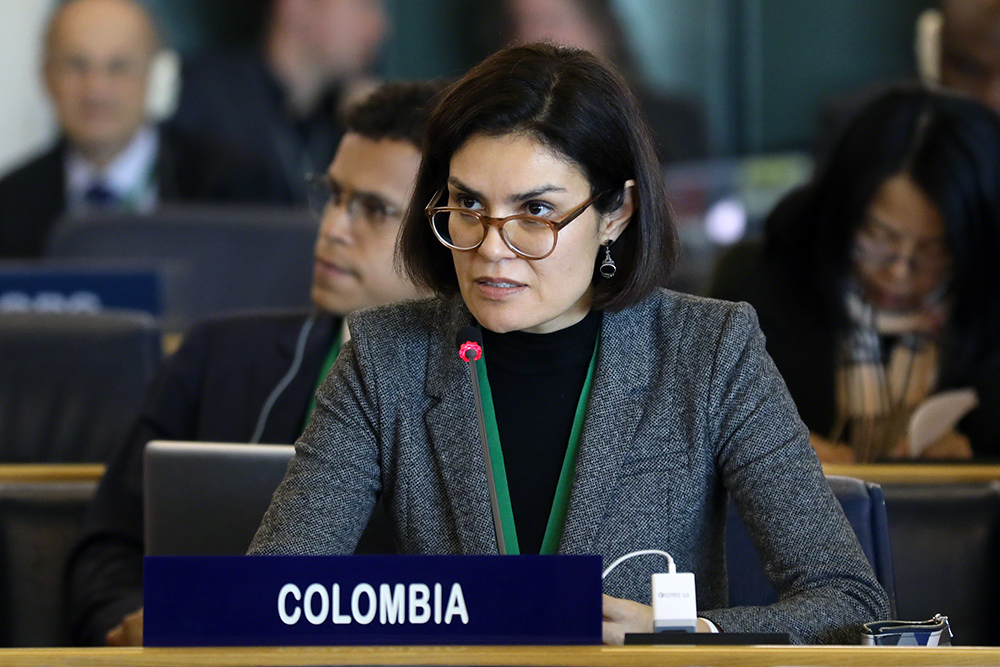
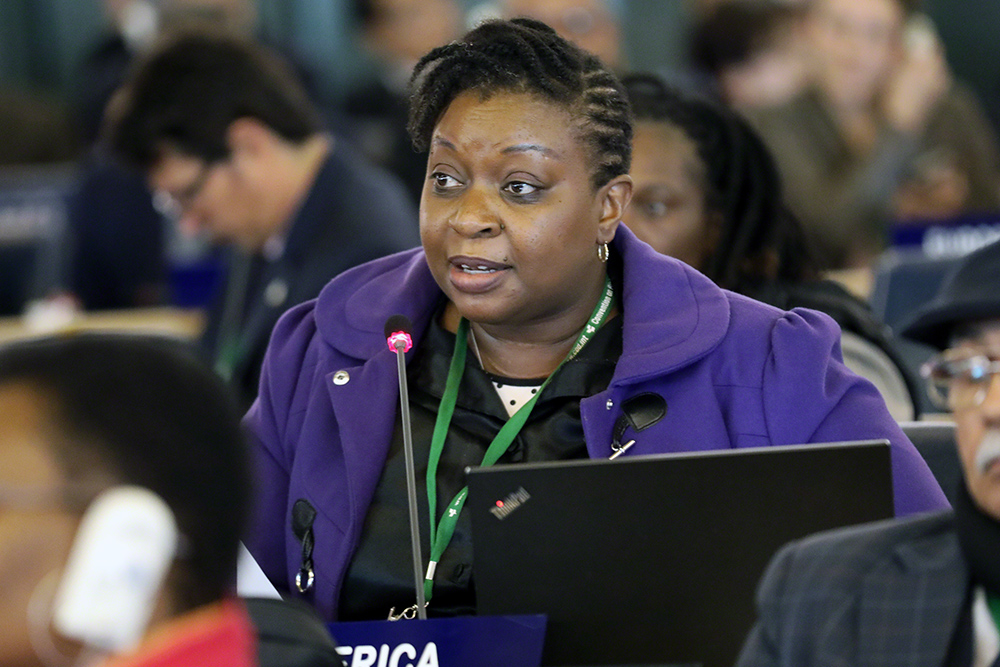
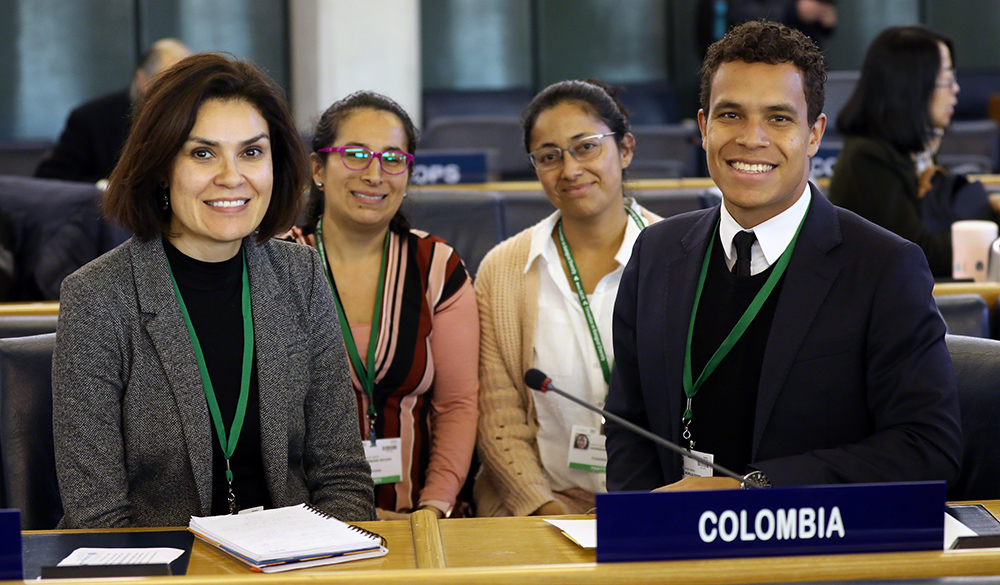
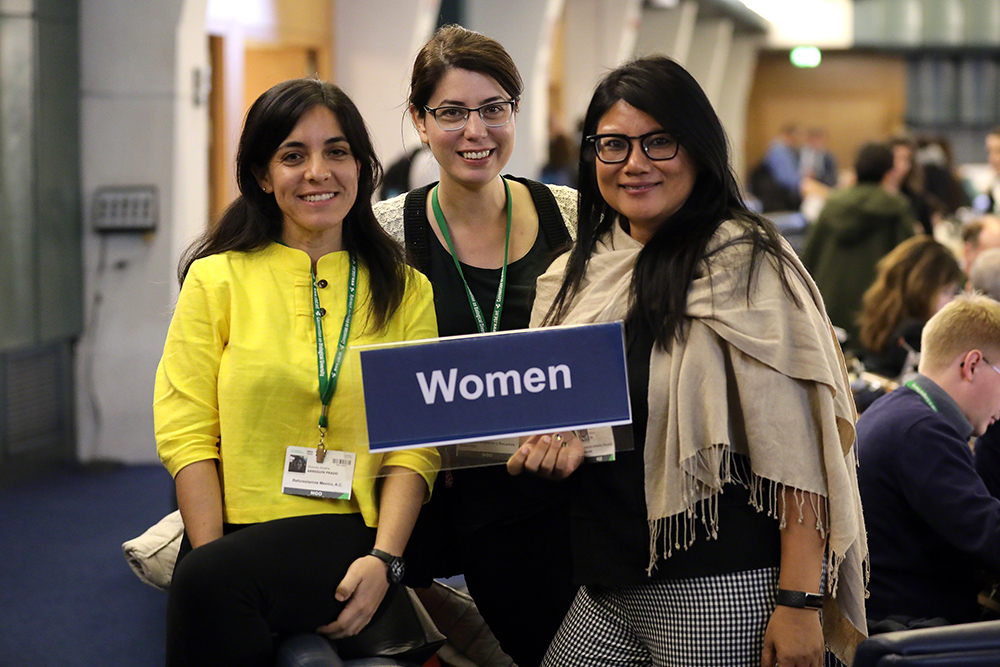
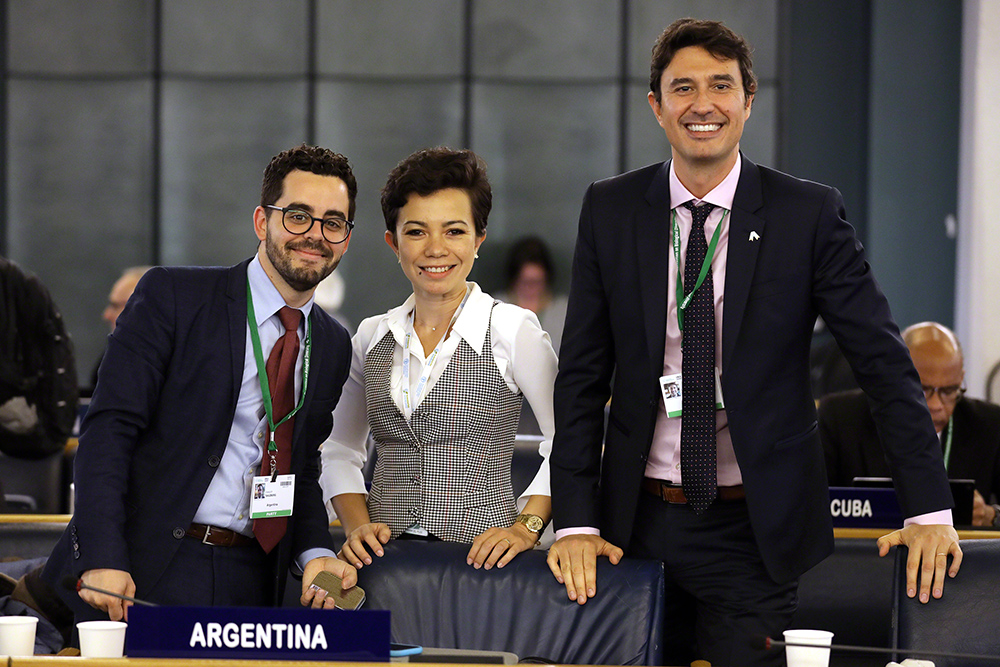
Contact Groups
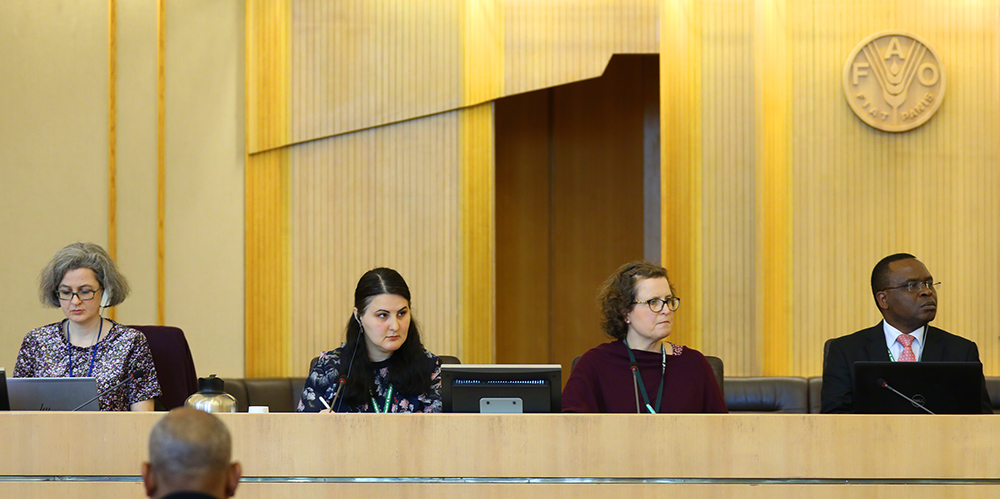
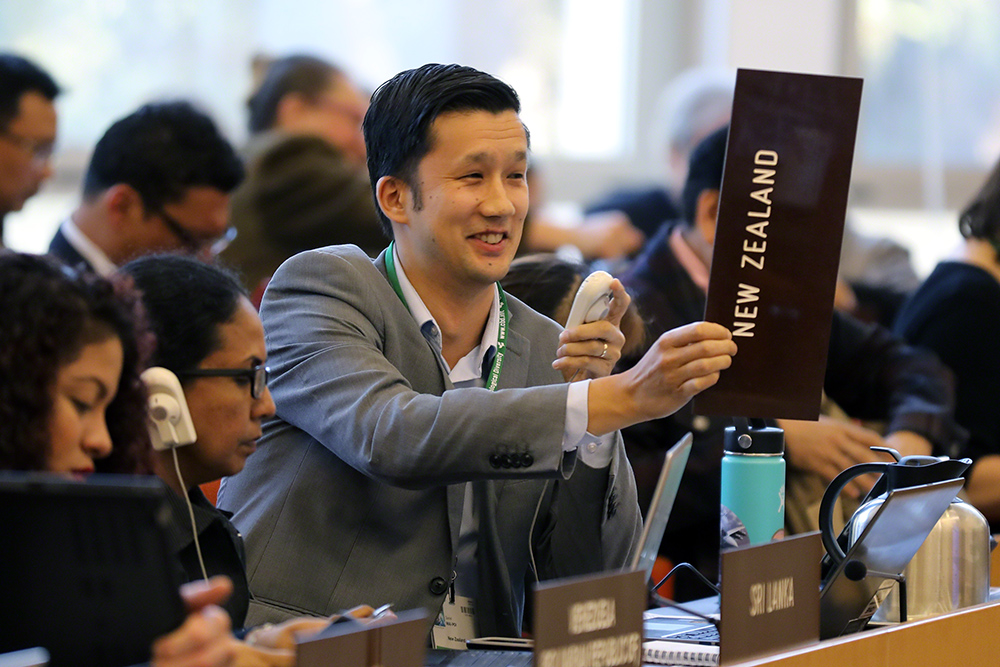
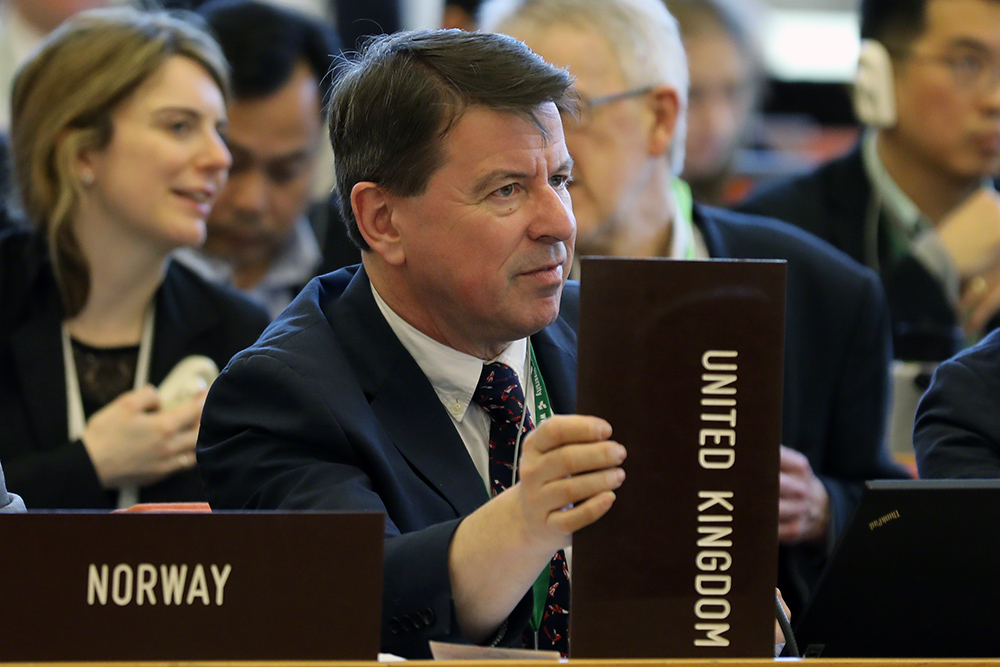
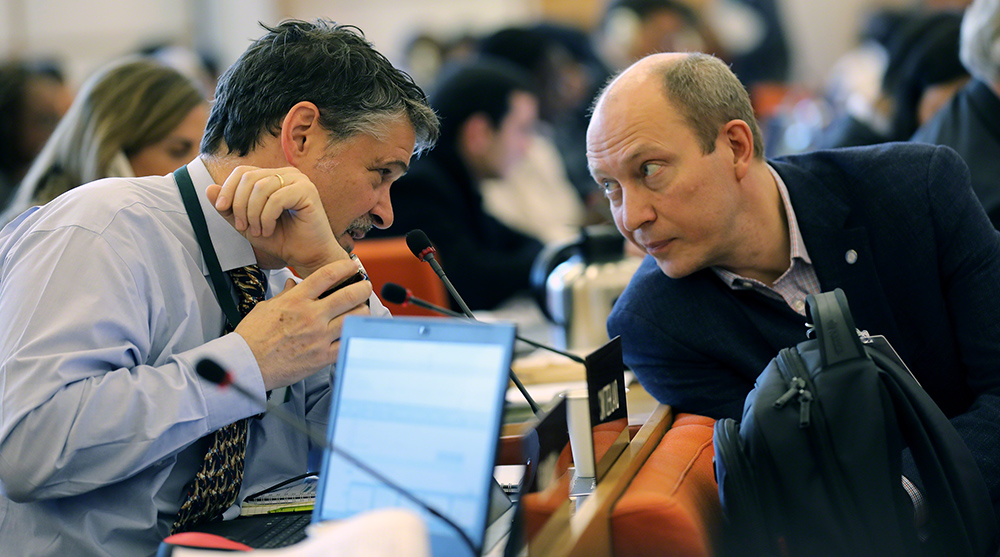
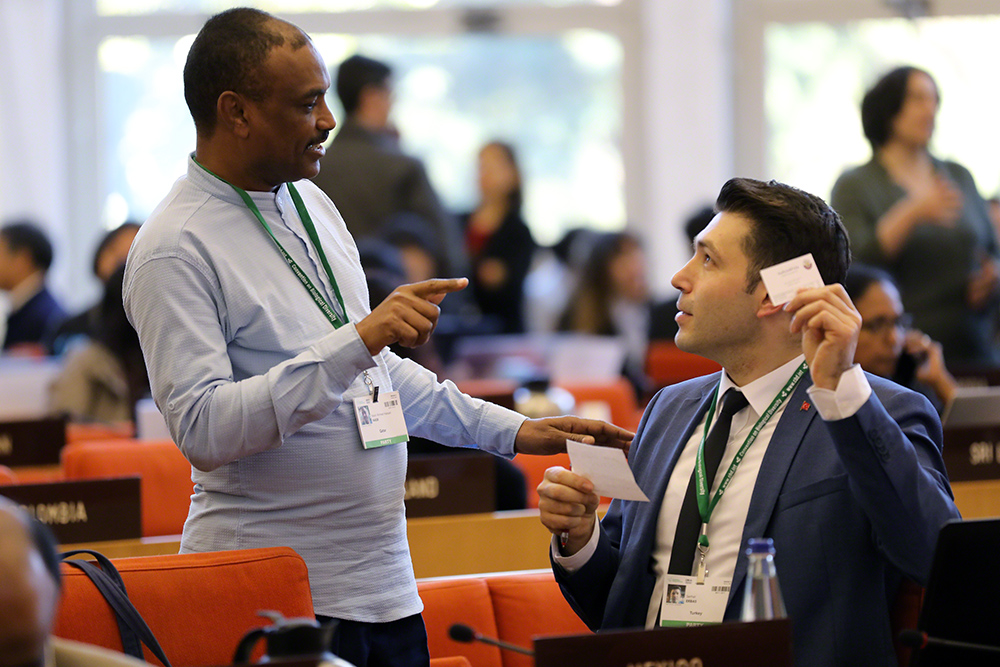
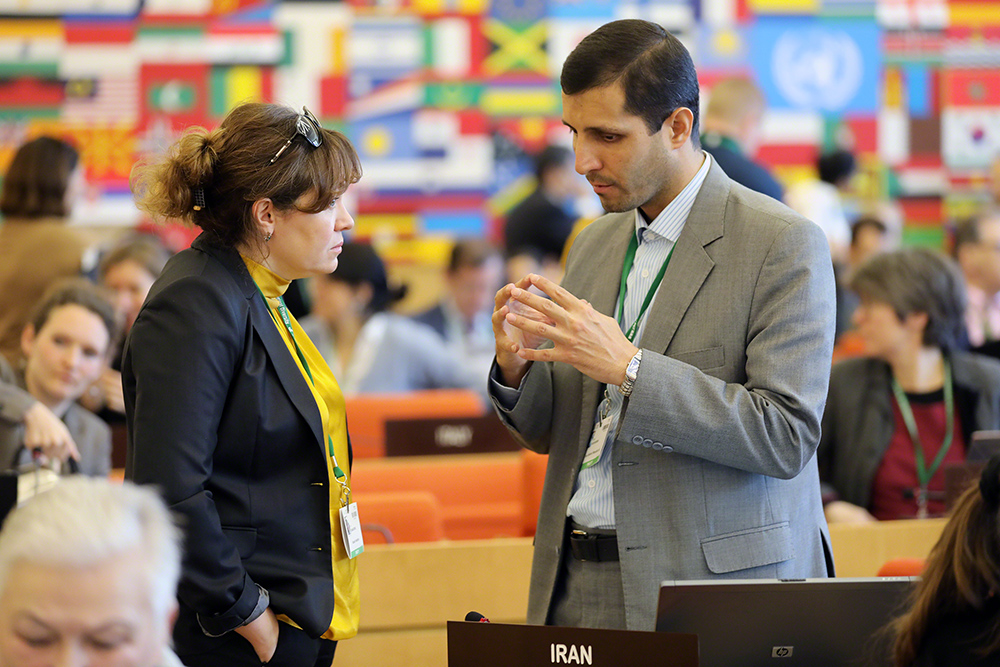
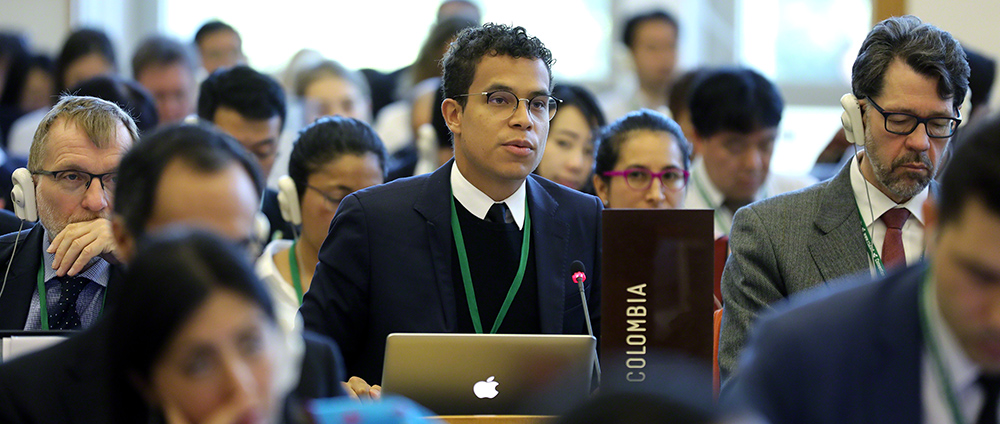
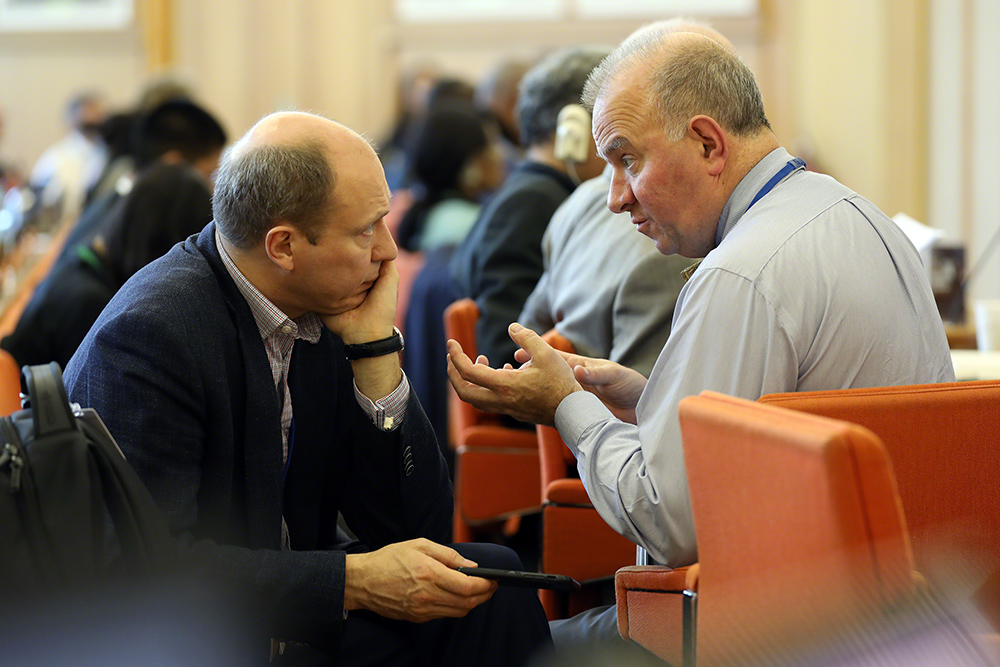
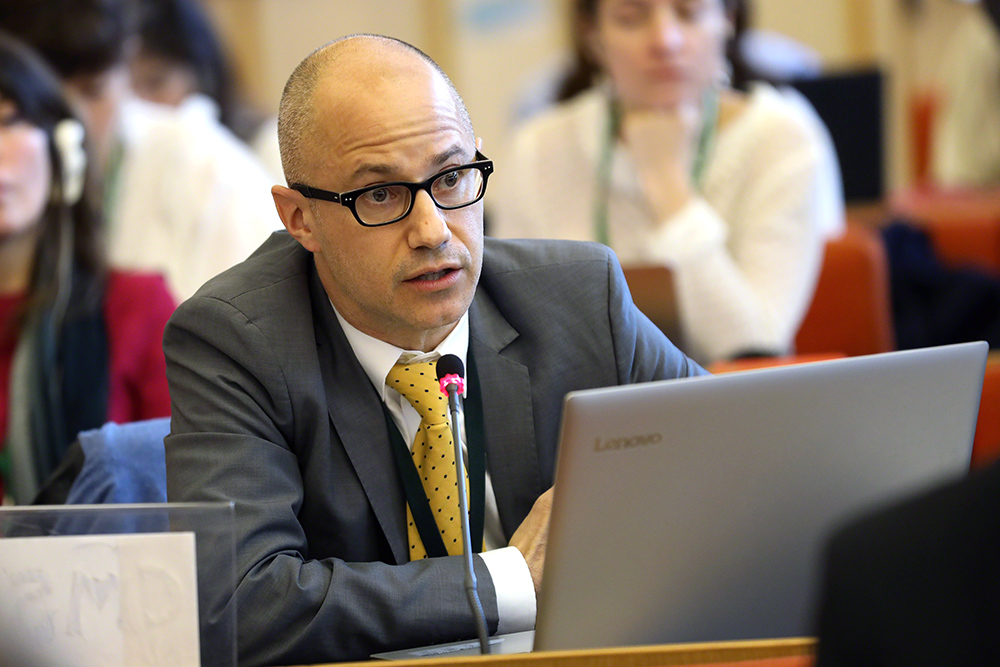
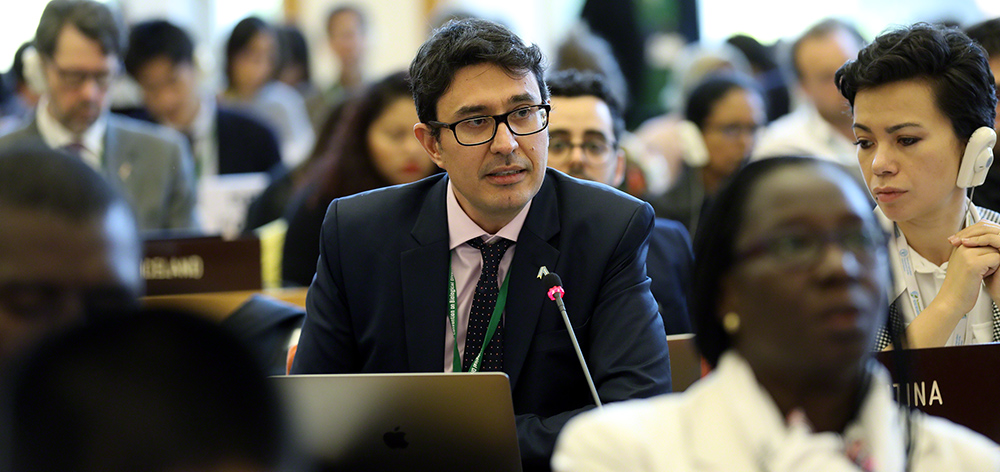
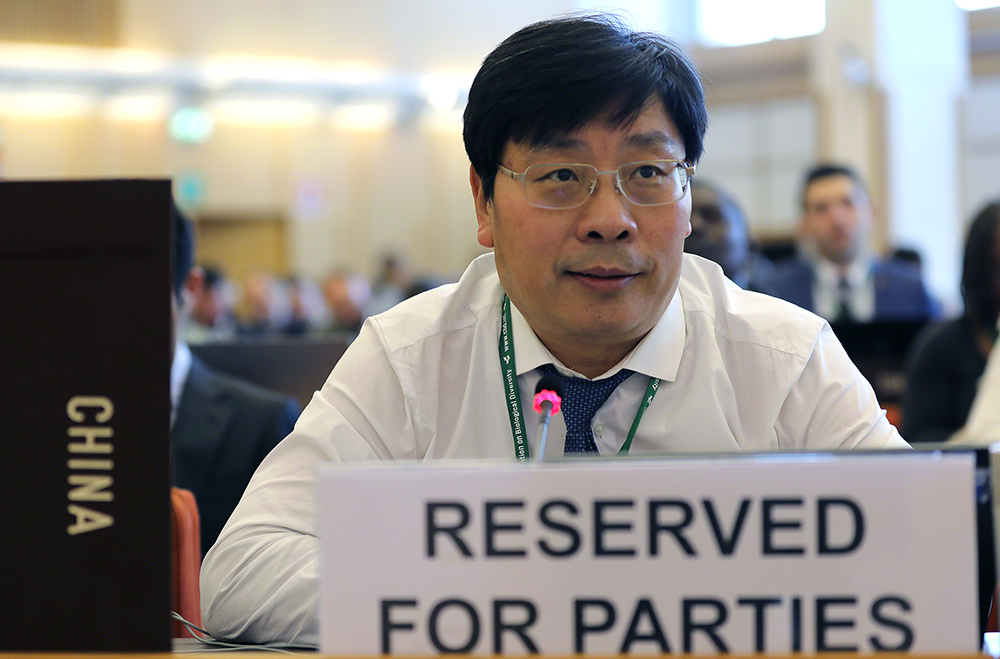
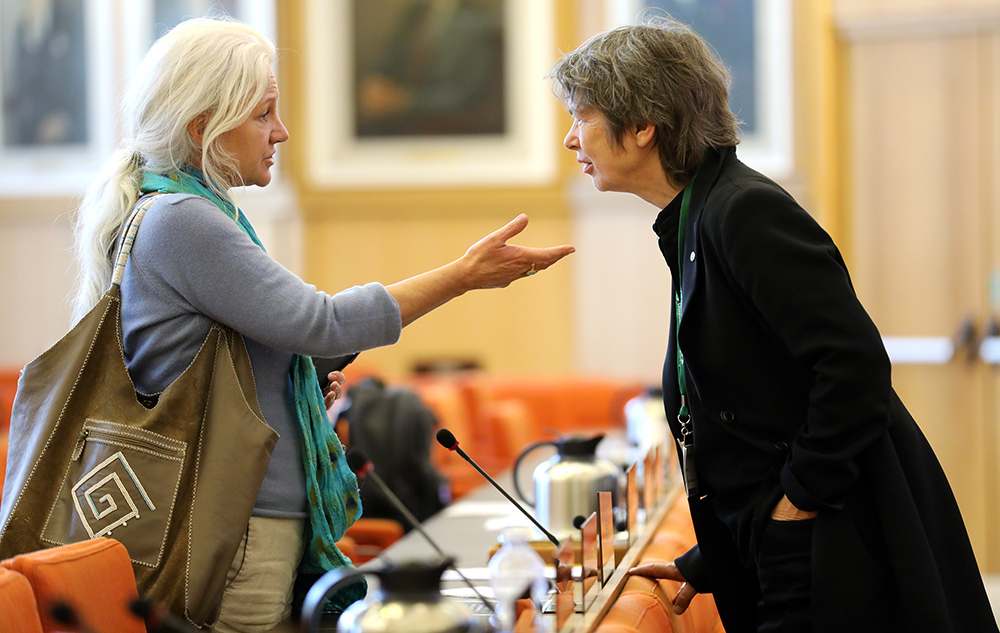
Information Session 5: The role of the Financial and Business Sectors in Implementing the Post-2020 Framework
